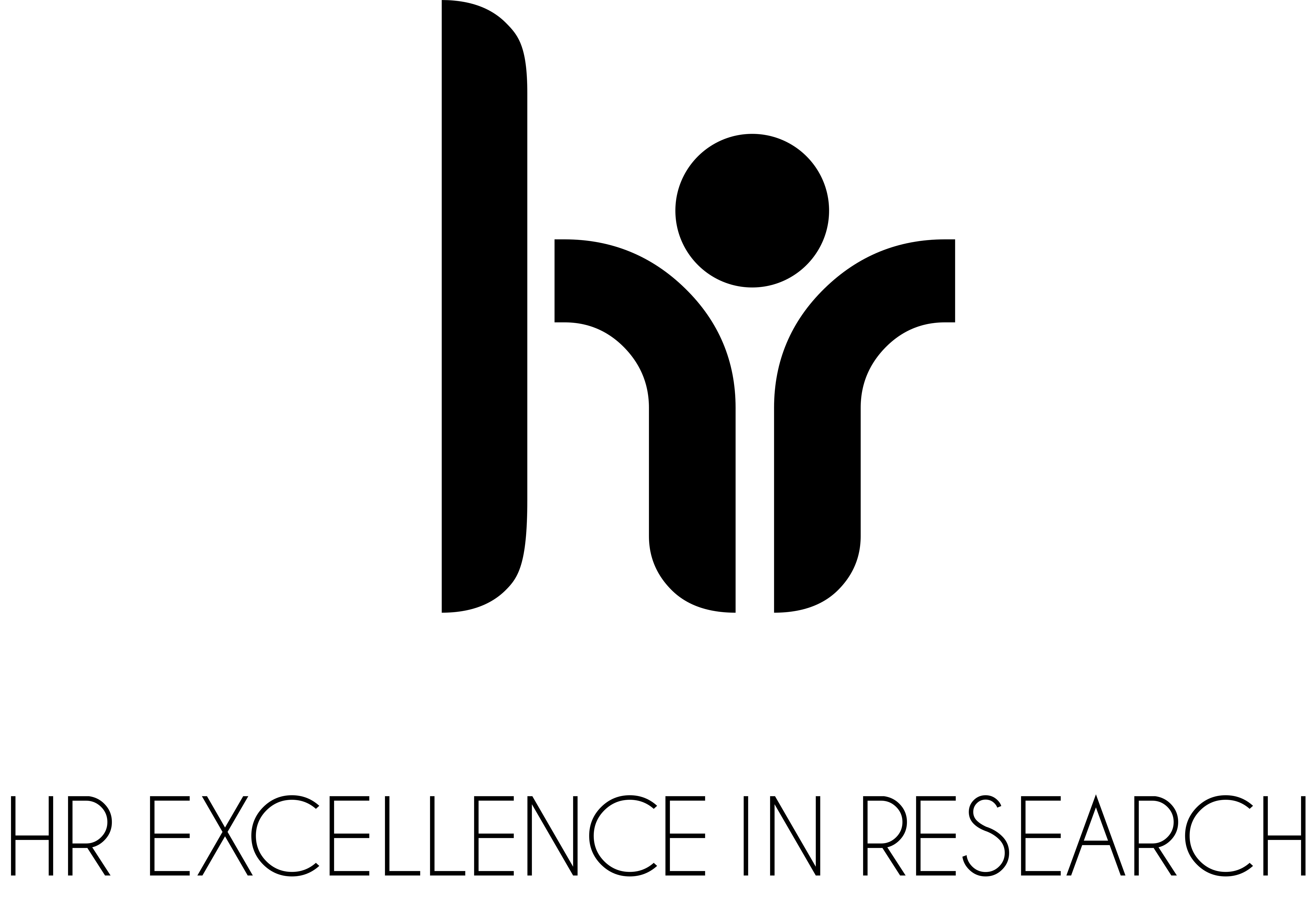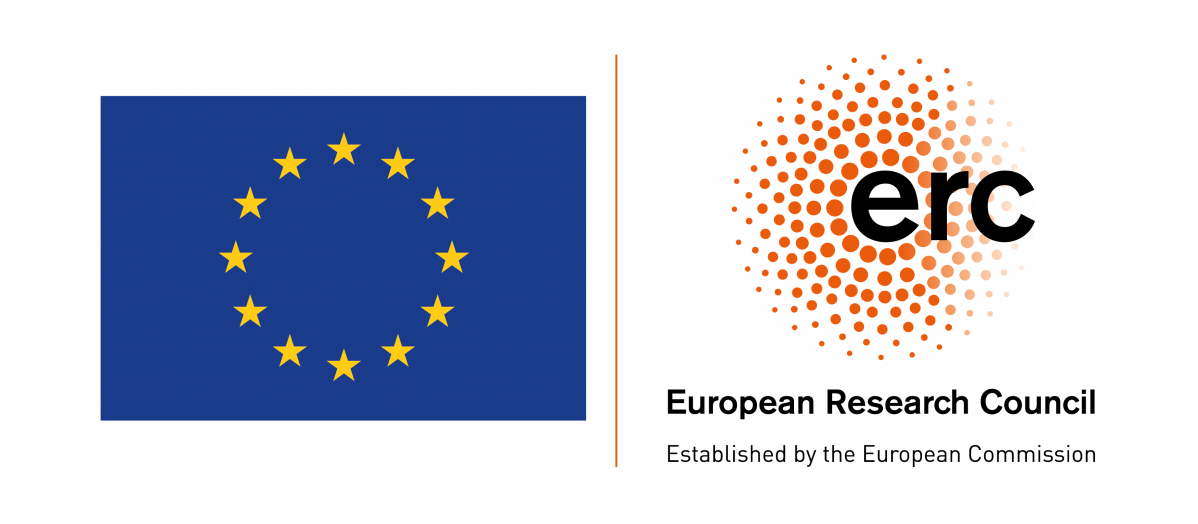Abstrakt
Plakátek ke stažení ZDE.
This presentation pursues two distinct yet interrelated levels of analysis. Theoretically, the presentation seeks to destabilize Western narratives of a transition from humanism to anti- and post-humanism in radical scholarship, by foregrounding two traditions, from Eastern Europe and the Caribbean respectively, where the language of the human persisted long after its declared obsolescence in the West. The argument made here is that these divergent narratives (or "bifurcations") of the human were neither wholly contingent nor just a matter of distinct intellectual traditions, but were deeply interwoven with both the history of the Cold War and the legacies of colonialism. On a praxical-political level, the presentation also engages in a close reading of arguably the major tradition of Marxist humanism in Eastern Europe, that of the Praxis circle in former Yugoslavia. While examining the specific political and theoretical reasons for the persistence of humanism in the writings of Praxis, the presentation argues that, in the end, their radical humanism never completely freed itself from its deep colonial dispositions, leading also to a series of controversial political choices in the 1990s. Drawing on Caribbean humanism as a counter-point to the Marxist humanism of Praxis the presentation argues that radical intellectuals in Eastern Europe today need to learn from both the insights and severe limitations of their Praxis predecessors.





